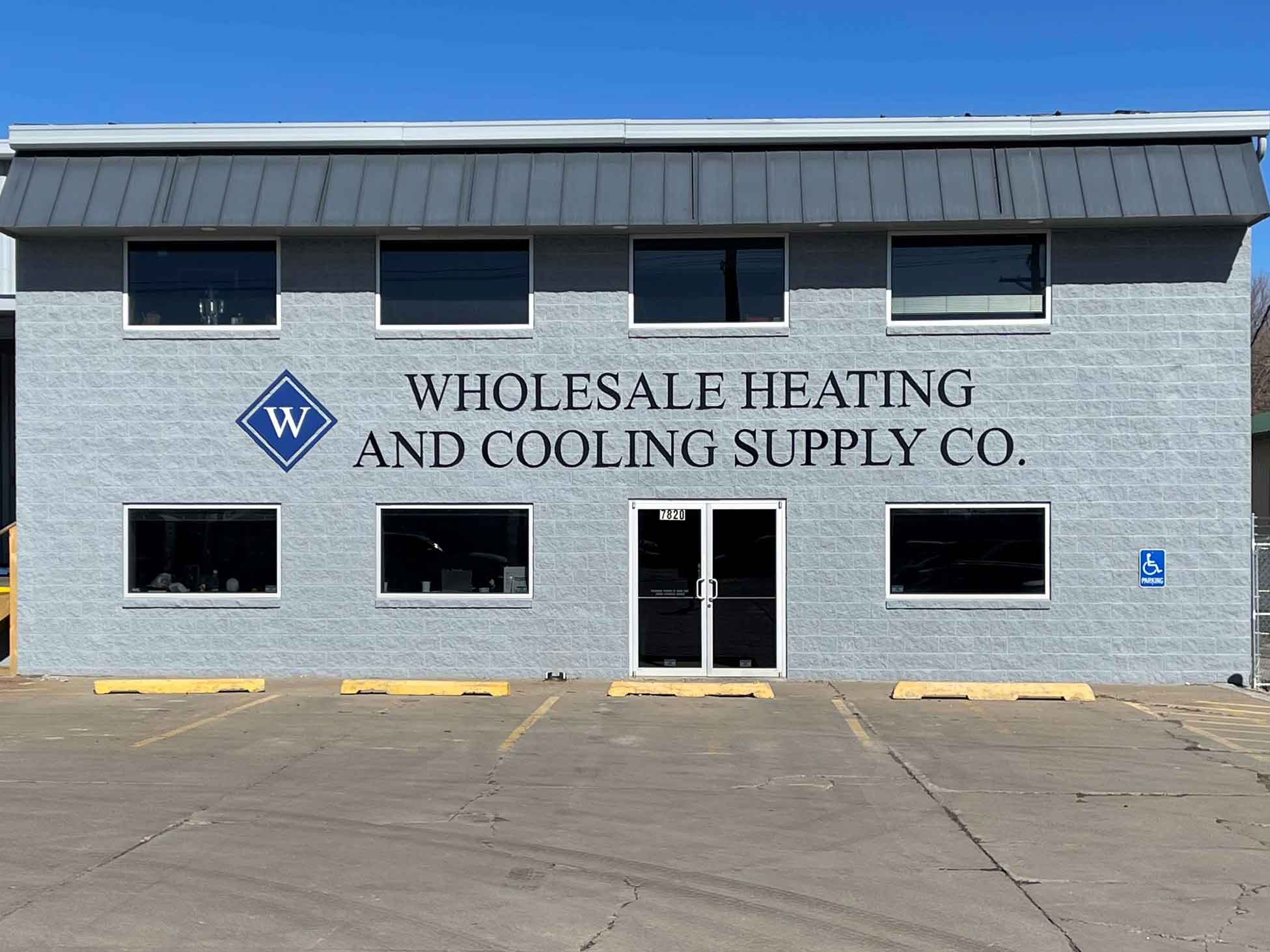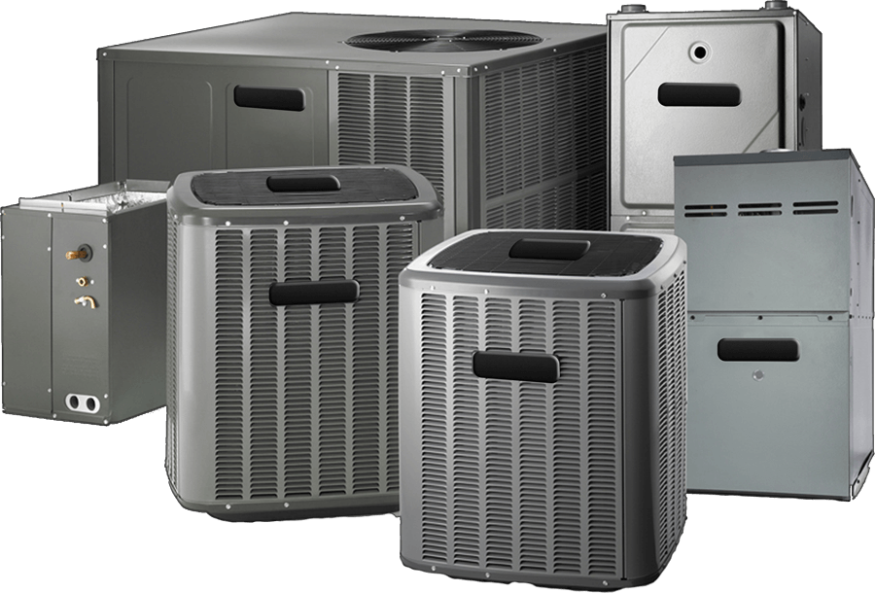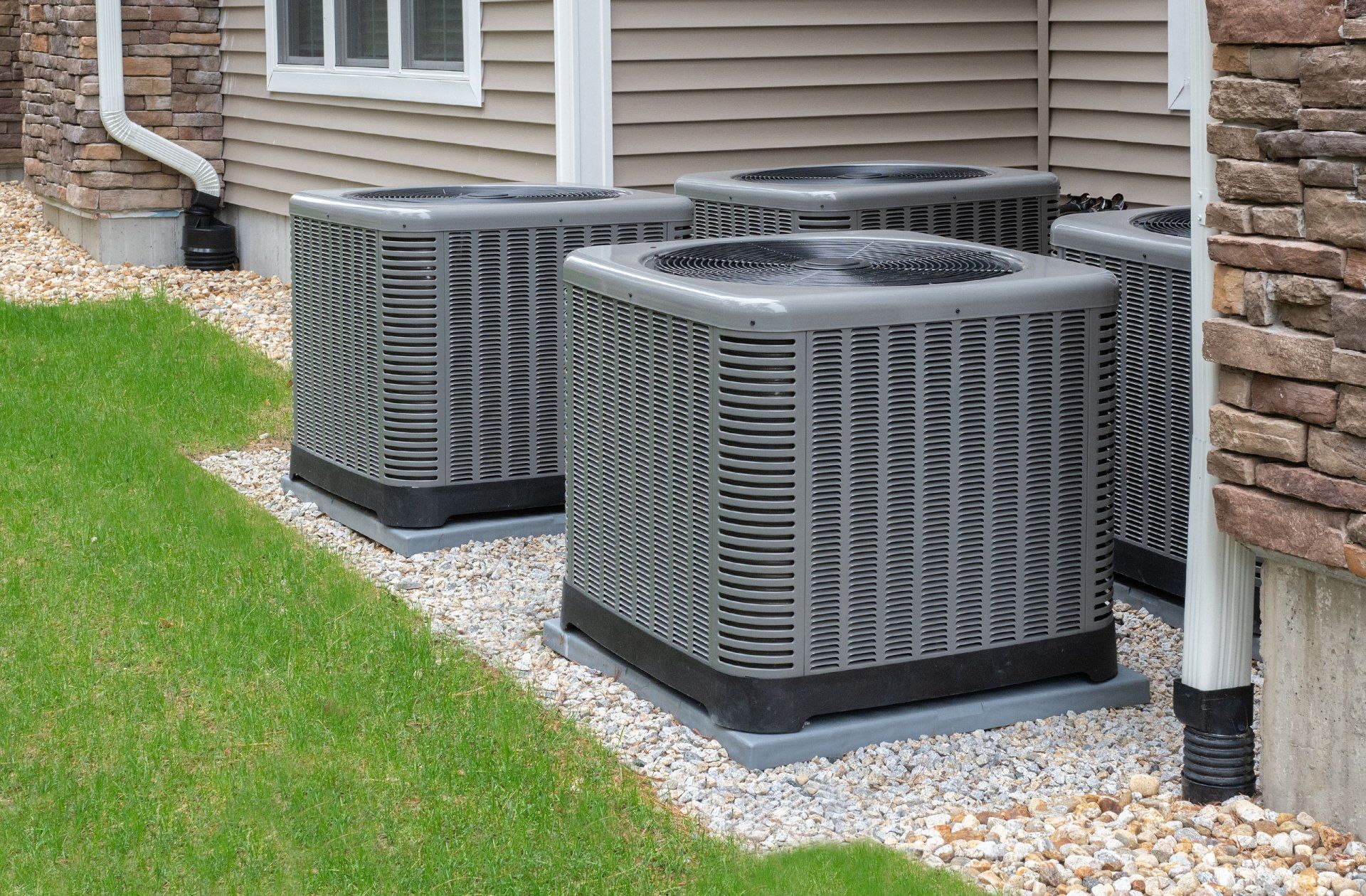Heating And Cooling Supply House Near Me

Frequently Asked Questions: Heating & Cooling Supply Houses
If you're a homeowner, contractor, or facility manager, finding a reliable heating and cooling supply house is crucial for maintaining comfortable indoor environments. This FAQ answers common questions about heating and cooling supply houses, helping you navigate your options and make informed decisions.
Q1: What exactly *is* a heating and cooling supply house, and what do they offer?
A heating and cooling supply house (also known as an HVAC supply house) is a business that sells equipment, parts, and supplies related to heating, ventilation, and air conditioning (HVAC) systems. Unlike retail stores that cater directly to consumers with finished products, supply houses primarily serve HVAC contractors and professionals. However, many also sell to homeowners and businesses.
Here's a breakdown of what you can typically find:
- HVAC Units: Furnaces, air conditioners, heat pumps, boilers, and ductless mini-split systems.
- HVAC Parts: Compressors, motors, capacitors, relays, circuit boards, thermocouples, igniters, flame sensors, and blower wheels.
- Ductwork & Ventilation: Duct board, sheet metal, flexible duct, registers, grilles, and ventilation fans.
- Refrigerants: Various types of refrigerants used in air conditioning and heat pump systems. (Note: Regulations may apply to purchasing refrigerants.)
- Thermostats & Controls: Programmable thermostats, smart thermostats, zone control systems, and sensors.
- Tools & Equipment: Manifold gauges, vacuum pumps, recovery machines, leak detectors, pipe cutters, and other HVAC tools.
- Air Quality Products: Air filters, humidifiers, dehumidifiers, and air purifiers.
- Maintenance Supplies: Cleaning chemicals, tape, sealants, and lubricants.
- Safety Equipment: Gloves, goggles, respirators, and other safety gear.
Q2: Can a homeowner buy directly from a heating and cooling supply house, or are they only for contractors?
The answer is it depends on the specific supply house. While many HVAC supply houses primarily target contractors, most will also sell to homeowners. However, there are a few crucial considerations:
- Pricing: Contractors typically receive discounted pricing compared to homeowners due to their volume of purchases and ongoing relationship with the supplier. Don't be surprised if the price you see is higher than what a contractor would pay.
- Technical Expertise: Supply house staff are generally knowledgeable about HVAC systems but may not offer extensive troubleshooting or installation advice to homeowners. They expect customers to have a reasonable understanding of what they need.
- Warranty Issues: Purchasing equipment directly may complicate warranty claims. Some manufacturers require professional installation for warranty coverage. Always check the warranty terms before purchasing.
- Local Regulations: Some jurisdictions require licensed professionals to handle refrigerant and perform certain HVAC installations. Be aware of local codes and regulations before attempting any DIY work.
Before purchasing anything, call the supply house and ask if they sell to homeowners and what their policies are regarding pricing, warranties, and technical support. If you're unsure about any aspect of your HVAC project, consider hiring a licensed contractor.
Q3: How do I find a "Heating and Cooling Supply House Near Me"?
Finding a local HVAC supply house is relatively easy. Here are several methods:
- Online Search Engines: Use search engines like Google, Bing, or DuckDuckGo and type in "heating and cooling supply house near me," "HVAC supply store," or "HVAC parts near me." Ensure your location services are enabled for accurate results.
- Online Directories: Websites like Yelp, Yellow Pages, and Angie's List (now Angi) often list local businesses, including HVAC supply houses.
- Manufacturer Websites: Many HVAC equipment manufacturers have "Find a Dealer" or "Find a Distributor" tools on their websites. These tools can help you locate authorized suppliers in your area.
- Ask Your Contractor: If you're working with an HVAC contractor, they can recommend a reliable supply house. They likely have established relationships with local suppliers.
- Check Online Forums: Online forums dedicated to home improvement or HVAC topics may have recommendations for supply houses in your area.
Pro Tip: When searching online, pay attention to the reviews and ratings of different supply houses. This can give you an idea of their customer service, product quality, and pricing.
Q4: What factors should I consider when choosing a heating and cooling supply house?
Choosing the right HVAC supply house can significantly impact your project's success. Here are some factors to consider:
- Product Availability: Does the supply house carry the specific brands and models you need? Check their inventory online or call them to confirm.
- Pricing: Compare prices between different supply houses. Remember that contractors often receive better pricing, so ask about homeowner pricing.
- Location & Hours: Choose a supply house that's conveniently located and has hours that fit your schedule.
- Customer Service: Are the staff knowledgeable and helpful? Do they answer your questions patiently and provide useful information? Good customer service is essential, especially if you're a homeowner.
- Product Quality: Do they carry reputable brands known for their quality and reliability? Cheap, generic parts can often lead to problems down the road.
- Warranty Support: What is their policy on warranties? How do they handle warranty claims? Understand the warranty process before making a purchase.
- Delivery Options: Do they offer delivery services if you need to transport large or heavy items? What are the delivery fees?
- Return Policy: What is their return policy? Can you return unused parts or equipment if needed?
- Technical Support: While they may not offer extensive troubleshooting, do they have staff who can answer basic technical questions?
Q5: What information should I have ready when I visit or contact a heating and cooling supply house?
Being prepared when contacting an HVAC supply house will save you time and ensure you get the correct parts or equipment. Here's what you should have ready:
- Equipment Make & Model Number: This is the most crucial piece of information. The make and model number allows the supplier to identify the exact unit you have and find compatible parts. The model number is usually located on a label on the unit itself (furnace, air conditioner, etc.).
- Part Number (if applicable): If you already know the part number of the item you need, provide it to the supplier. This will help them quickly locate the correct part.
- Voltage & Amperage: For electrical components like motors, capacitors, and relays, know the voltage and amperage ratings. This information is usually printed on the component itself.
- BTU Rating (for furnaces and air conditioners): If you're replacing a furnace or air conditioner, know its BTU (British Thermal Unit) rating. This indicates the heating or cooling capacity of the unit.
- Phase (for electrical motors): Motors can be single-phase or three-phase. Know the phase of the motor you need.
- A Description of the Problem: Briefly describe the issue you're experiencing. This can help the supplier suggest possible solutions or recommend the correct parts.
- Photos or Videos (optional): If possible, take photos or videos of the equipment or part in question. This can help the supplier visually identify the item and understand the problem.
Having this information readily available will make the process much smoother and increase the likelihood of getting the right parts or equipment the first time.
Q6: What are some common mistakes homeowners make when dealing with heating and cooling supply houses?
Homeowners sometimes make mistakes when dealing with HVAC supply houses, often due to a lack of experience or technical knowledge. Here are some common pitfalls to avoid:
- Guessing at Parts: Never guess at the parts you need. Always provide the correct make and model number of the equipment. Incorrect parts can damage your system or be incompatible.
- Not Checking Compatibility: Ensure the parts you purchase are compatible with your existing system. Ask the supplier to verify compatibility before you buy.
- Ignoring Warranty Requirements: Understand the warranty requirements for the equipment you're purchasing. Some manufacturers require professional installation for warranty coverage.
- Attempting DIY Repairs Beyond Your Skill Level: HVAC systems can be complex and dangerous. Don't attempt repairs beyond your skill level. Hiring a licensed contractor is often the safest and most cost-effective option.
- Purchasing Cheap, Low-Quality Parts: While it may be tempting to save money by purchasing cheaper parts, these parts often have a shorter lifespan and can cause more problems in the long run. Invest in quality parts from reputable brands.
- Not Asking Questions: Don't be afraid to ask questions! If you're unsure about anything, ask the supplier for clarification. They are there to help.
- Forgetting Safety Precautions: Always follow safety precautions when working with HVAC equipment. Turn off the power before working on any electrical components. Wear appropriate safety gear.
- Not getting multiple quotes: Prices can vary significantly. Get quotes from multiple suppliers to ensure you're getting a fair price.
Q7: Are there any advantages to building a relationship with a specific heating and cooling supply house?
Yes, building a strong relationship with a heating and cooling supply house can offer several advantages, especially if you frequently need HVAC parts or equipment:
- Better Pricing: Over time, you may be able to negotiate better pricing or discounts as you become a regular customer.
- Priority Service: Established customers often receive priority service, especially during peak seasons when demand is high.
- Technical Support: The staff may be more willing to provide technical advice and assistance to customers they know well.
- Credit Terms: Some supply houses offer credit terms to established customers, allowing you to purchase parts or equipment on credit.
- Product Knowledge: The staff will become familiar with your specific needs and preferences, making it easier for them to recommend the right products.
- Special Orders: They may be more willing to handle special orders or track down hard-to-find parts for regular customers.
- Early Access to New Products: You may receive early access to new products or promotions as a valued customer.
Building a relationship requires consistent communication, timely payments, and a respectful attitude. By being a good customer, you can establish a mutually beneficial partnership with your local HVAC supply house.










